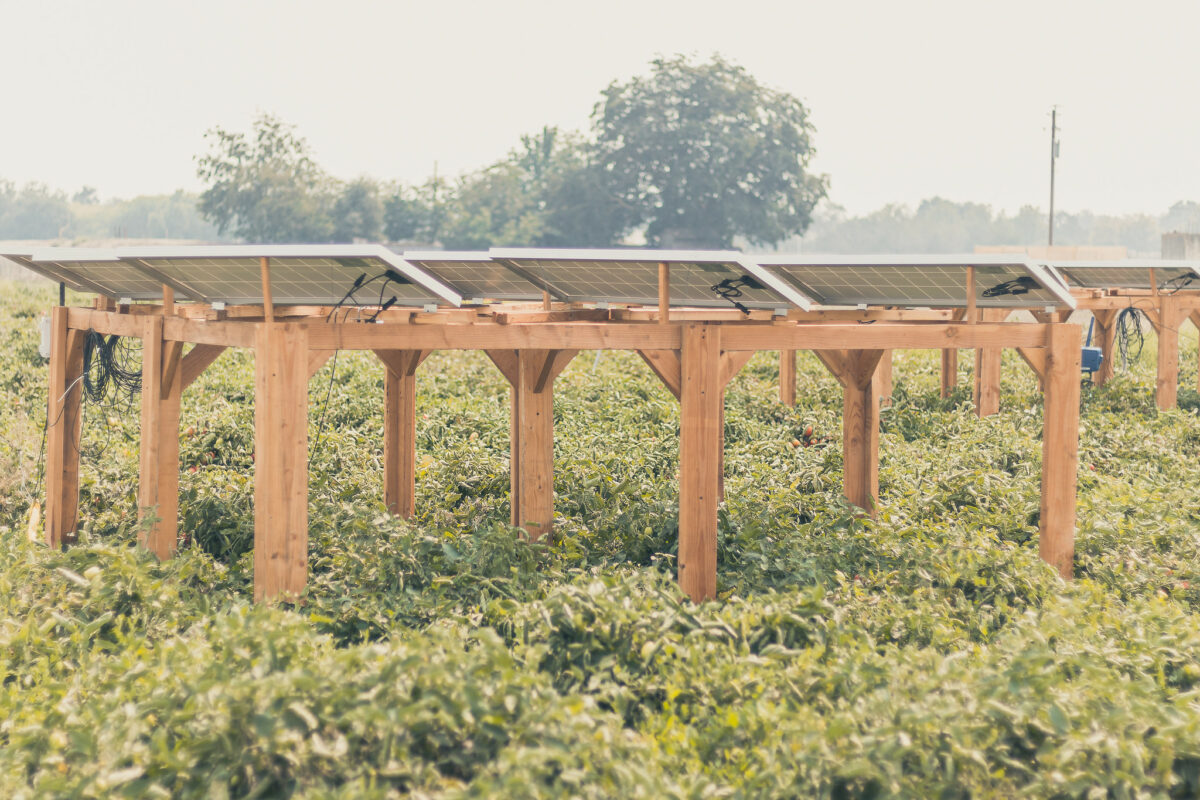
An agrivoltaics solar farm in the US. Image: UC Davis College of Engineering.
Trade body Solar Energy UK has published a new study of public attitudes towards solar development which finds that most people living near solar sites support the technology.
The report, based on an annual survey by Copper Consultancy, shows that solar farms are popular across the UK, said the report’s author, Solar Energy UK senior communications advisor, Gareth Simkins.
Overall, 42% of people living near an existing, proposed, or under-construction solar farm strongly support developing the solar sector, compared to 1% who said they were strongly opposed.
As many as 94% of respondents had either a supportive or neutral view of the sector, while the survey also found that solar farms had become more popular over time.
However, support for solar drops to only 17% for people living near solar projects in the development phase, but once sites are in operation, support rises to 61.5%.
“This tells us the uncertainty of development naturally leads to doubts, and this phase is where reassurance must be strongest,” the report says, adding that developers must act responsibly to bring the local community with them.
“It is clear that attacking solar farms is far from the vote winner some politicians might think it is, so Rishi Sunak’s administration is wise to be far more positive about them than his predecessor’s,” said Chris Hewett, chief executive of Solar Energy UK. “It is only a tiny, if vocal, minority that has given some politicians the impression that solar farms are unpopular,” he added.
Recently, Conservative MPs from Lincolnshire and nearby areas held a debate on solar planning in Parliament, where a number of MPs complained about the number of NSIP (Nationally Significant Infrastructure Project) applications they had in their constituencies.
Sam Cranston, director of energy infrastructure at Copper Consultancy who commissioned the research added: “Since our first solar attitudes research in 2022 we have seen a growth in the number of large scale solar schemes entering the planning system. While we can expect to see public attitudes shift, this report finds refreshing continuity in public support for solar, alongside tracking what matters most to people and where knowledge gaps still need to be bridged.”
The report underlines the fact that most people do not realise the biodiversity benefits of solar farms, with 54% unaware that solar farms can deliver a net gain in biodiversity.
The other knowledge gap for the public was the understanding that solar farms need to be built near electricity grid infrastructure, with only 7% of people surveyed identifying this as the major factor.

